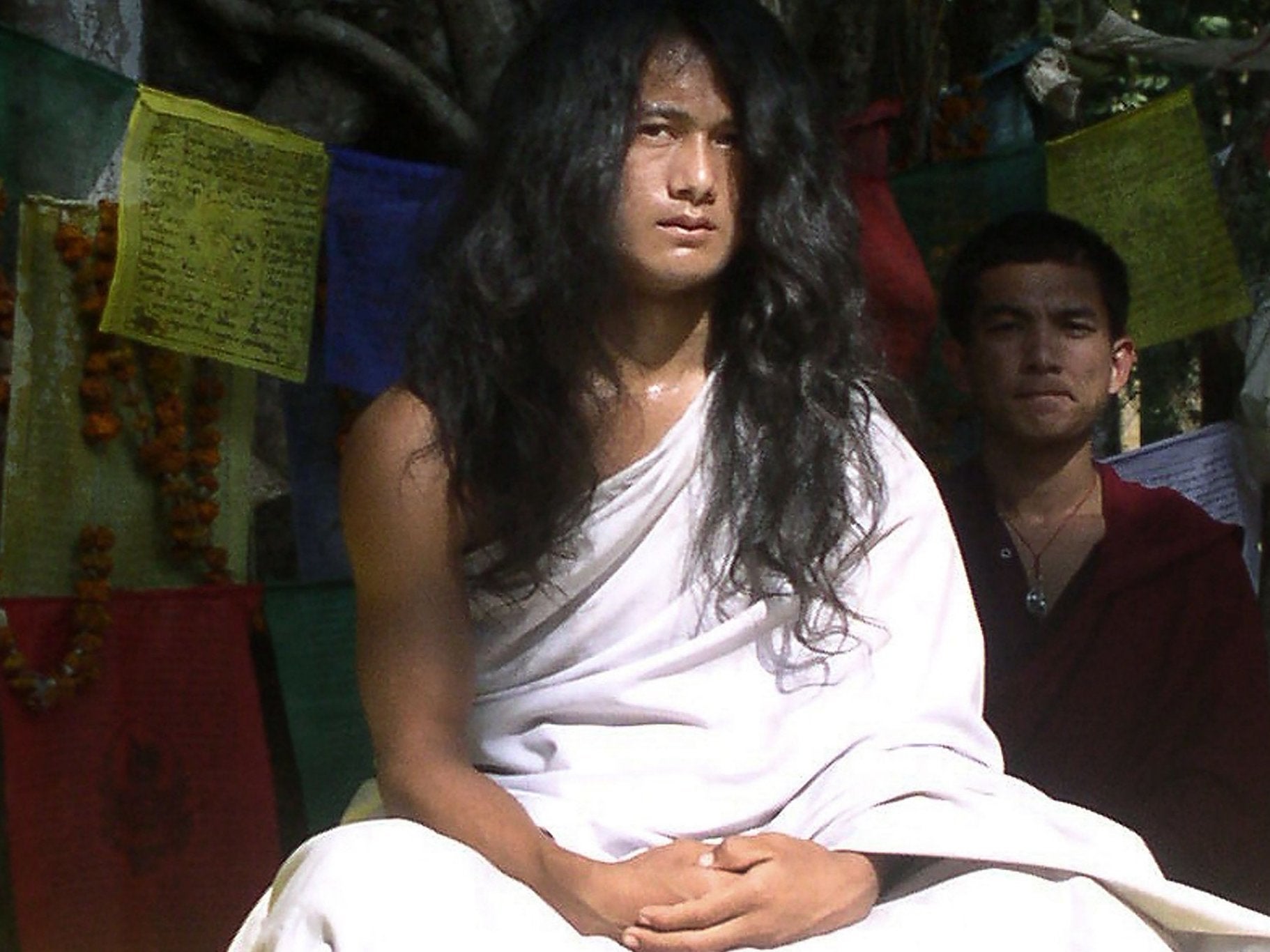Ashram of 'Buddha boy' worshipped as reincarnation of Buddha raided by police after devotees 'disappear'
Ram Bahadur Bomjon achieved fame after apparently meditating under tree for 10 months

Police in Tibet have raided the ashram of a spiritual leader dubbed “Buddha Boy” following the alleged disappearances of a number of his devotees, authorities have said.
Ram Bahadur Bomjon, whose followers believe is a reincarnation of Buddha, achieved fame in 2005 when thousands of people flocked to watch the then-teenager apparently meditate cross-legged under a tree for 10 months without eating or drinking.
Three years later, he reappeared in front of jubilant supporters following a year missing, which he said was spent in a remote jungle spot in south-east Nepal.
But last week, officers inspected Mr Bomjon’s ashram in Badegaun forest in Sindhupalchok following complaints that four people, including three nuns, had disappeared from a number of sites associated with the guru.
“The ashram will be under police control until the investigation concludes,” a deputy superintendent, quoted by his surname Kandel, told The Himalayan Times.
The newspaper reported Mr Bomjon had not been in the Badegaun ashram for the past 10 months at the time of the raid.
“We didn’t find any evidence that could provide us a lead in the case,” Sindhupalchok police chief Mukunda Marasini told the Kathmandu Post. “But it doesn’t mean we won’t find anything later. The investigation has just started and there are a lot of new things to come.”
A Nepal police spokesperson confirmed Mr Bomjon was under investigation over the alleged disappearances of “nuns and monks”, and that the religious leader’s ashrams in Sindhupalchowk, Nawalparasi and Bara were under 24-hour surveillance.

It came after relatives of three missing persons demanded the government investigate their whereabouts.
Three of the missing – Fulmaya Rumba, Sancha Lal Waiba and Chunmo Dolma Tamang – have not been seen by their families in years.
A spokesperson for Bodhi Shrawan Dharma Sangha, a non-governmental organisation founded by Mr Bomjon, told The Independent: "We are as surprised as many about the recent spate of curious allegations and accusations directed at [Mr Bomjon].
They continued: "The Guru has been and remains in full cooperation with all Nepali government and police authorities in accordance with our community precepts.
"It is true that as the Guru's spiritual influence is rising across Nepal, many sectors may feel threatened in one way or another, and attempts to diminish [Mr Bomjon] with untrue stories are common.
"But these are too numerous and we have as a rule regarded them with benign tolerance, hoping for their fear of the unknown to subside in our all-comprehending compassion and inclusiveness of peaceful Maitribhavana (a buddhist meditation). But such takes time."
A spokesperson for the group also told the Post the missing followers had not been seen since an earthquake struck the country in 2015, killing almost 9,000 people.
Join our commenting forum
Join thought-provoking conversations, follow other Independent readers and see their replies
Comments
Bookmark popover
Removed from bookmarks